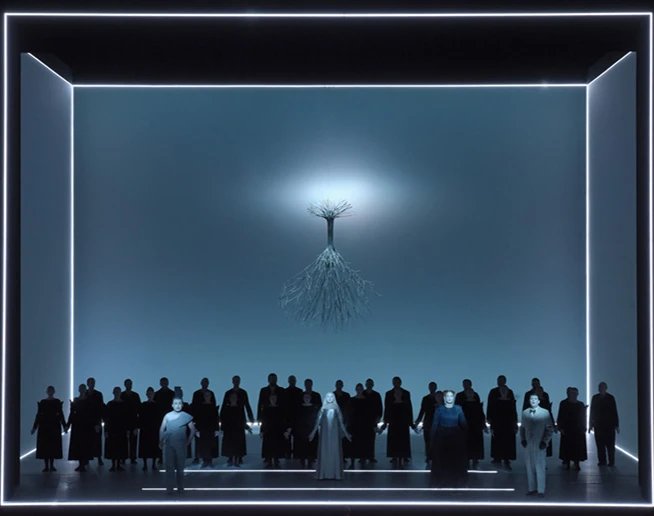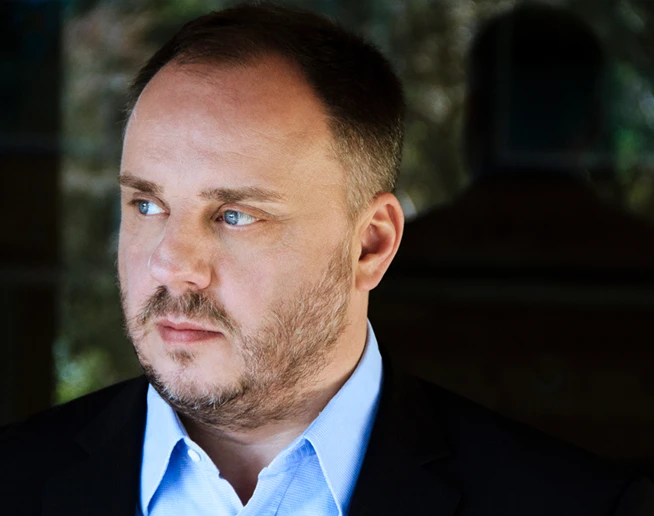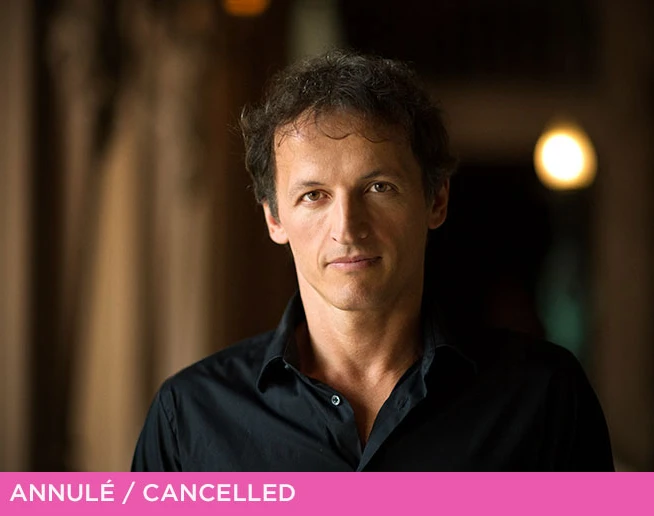Psalm 116
Franz Schreker
Ein deutsches Requiem
Johannes Brahms
A masterful score as much for its sacred character as for its orchestral and choral power.
Dates
INFORMATION
In order to ensure the best possible seats for the exceptional circumstances we are going through, online booking is temporarily suspended for this concert. The Theater is at your disposal to process your seat requests by phone at 01 49 52 50 50 or at the Box office.
Katharina Konradi | soprano
Matthias Goerne | baritone
Thomas Hengelbrock | direction
Balthasar-Neumann-Ensemble, Balthasar-Neumann-Chor
About
Brahms was not yet thirty years old when he began composing his German Requiem. The genesis of the work extends from 1854 to 1868. This masterly, deeply original page is without real precedent in the history of German music and is far from being a traditional requiem. It is more like funeral music, but not a Mass for the dead. Hence the importance of the word 'A' (‘Ein’, in German) which illustrates all the subjectivity of the Brahmsian subject at stake here. Still on the subject of the title, the composer wrote that "as far as the title is concerned, I confess that I would gladly remove the German word and simply replace it with For Humanity". This shows the scope of the message. As a concert opening, Thomas Hengelbrock cleverly wanted to play Schreker's Psalm 116, a piece for women's choir and orchestra premiered in 1901 and dedicated to his master Robert Fuchs, a sought-after professor of composition and close friend of Brahms. An obvious Brahmsian echo.
PRODUCTION Théâtre des Champs-Elysées


